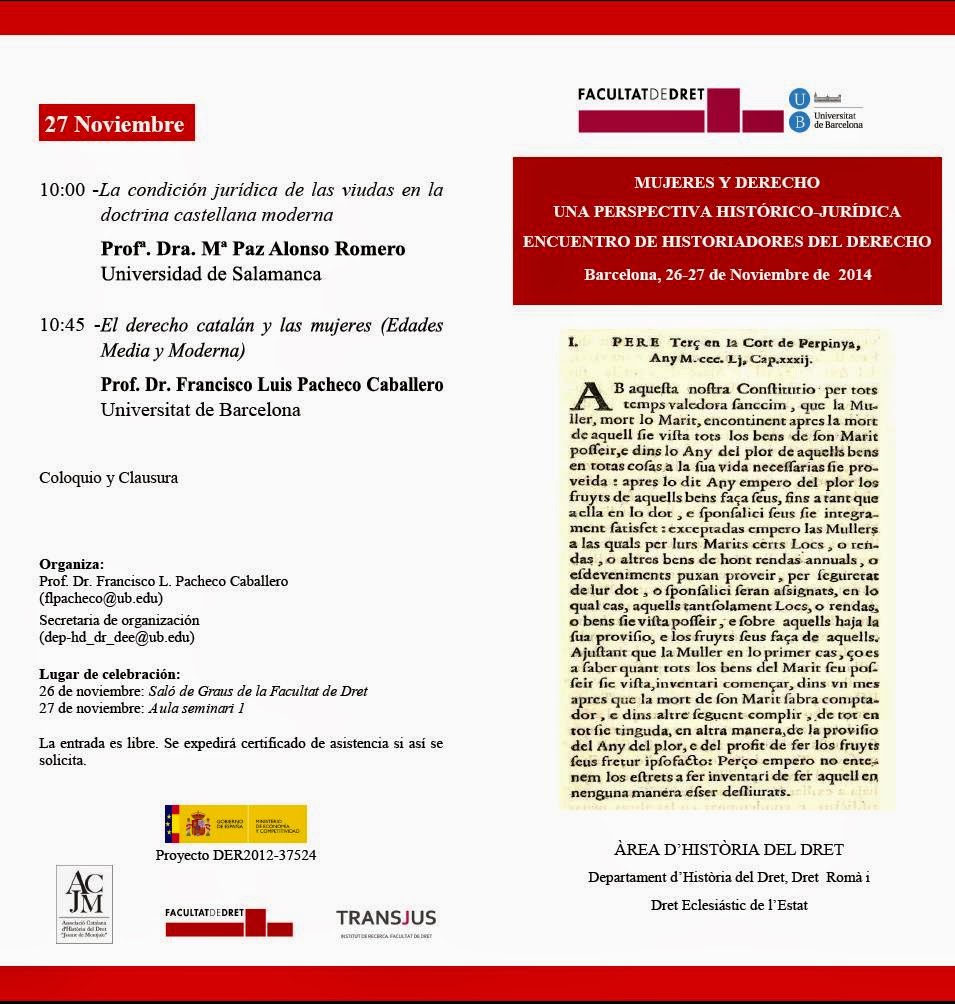Thomas Duve (ed), Entanglements in Legal History: Conceptual Approaches is the first on a new series--Global Perspectives on Legal History 1--from the Max Planck Institute for European Legal History. It's free online here and available in Print on Demand:
Legal History presents a broad panorama of historical processes that trigger theoretical reflections on legal transfers and legal transplants and on the problem of the reception and assimilation laws and other modes of normativity. In this volume, legal historians across the globe reflect on their analytical traditions and present case studies in order to discuss how entangled histories of law can be understood, analyzed and written.
In the first section of this volume, ‘Traditions of Transnational Legal History’, the authors revisit specific achievements and shortcomings of legal historical research against the backdrop of postcolonial and global studies. Reflections on our own disciplinary traditions that reveal the path-dependencies include critical accounts on the tradition of ‘European Legal History’,‘Codification history’, the emergence of ‘Hindu Law’, and the methodological aspects of Comparative Law.
The four articles in the second section, ‘Empires and Law’, showcase entangled legal histories forged in imperial spaces, for instance, through treaties concluded in the spheres of influence of ancient Roman Empire, which in this instance is analyzed as a process of ‘narrative transculturation’. Analogously, transnational institutions adjudicating merchant-disputes in the Early Modern Spanish Empire and normative frameworks constructed in a multilingual space shortly after its decline are analyzed as ‘diffusion and hybridization’. And finally, the spotlight is cast on the so-called ‘craftsmen of transfer’ and the bureaucrats that took practical comparative law as the basis to design the German colonial law.
In the third section, ‘Analyzing transnational law and legal scholarship in 19th and early 20th century’, seven case studies offer theoretical reflections about entangled legal histories. The discussions range from civil law codifications in Latin America as ‘reception’ or ‘normative transfers’, entangled histories of constitutionalism as ‘translations’ and ‘legal transfer’, formation of transnational legal orders in 19th century International Law and the International Law on state bankruptcies to the impact of transnational legal scholarship on criminology. All articles engage in methodological reflections and discussions about their concrete application in legal historical research.


















.jpg)



